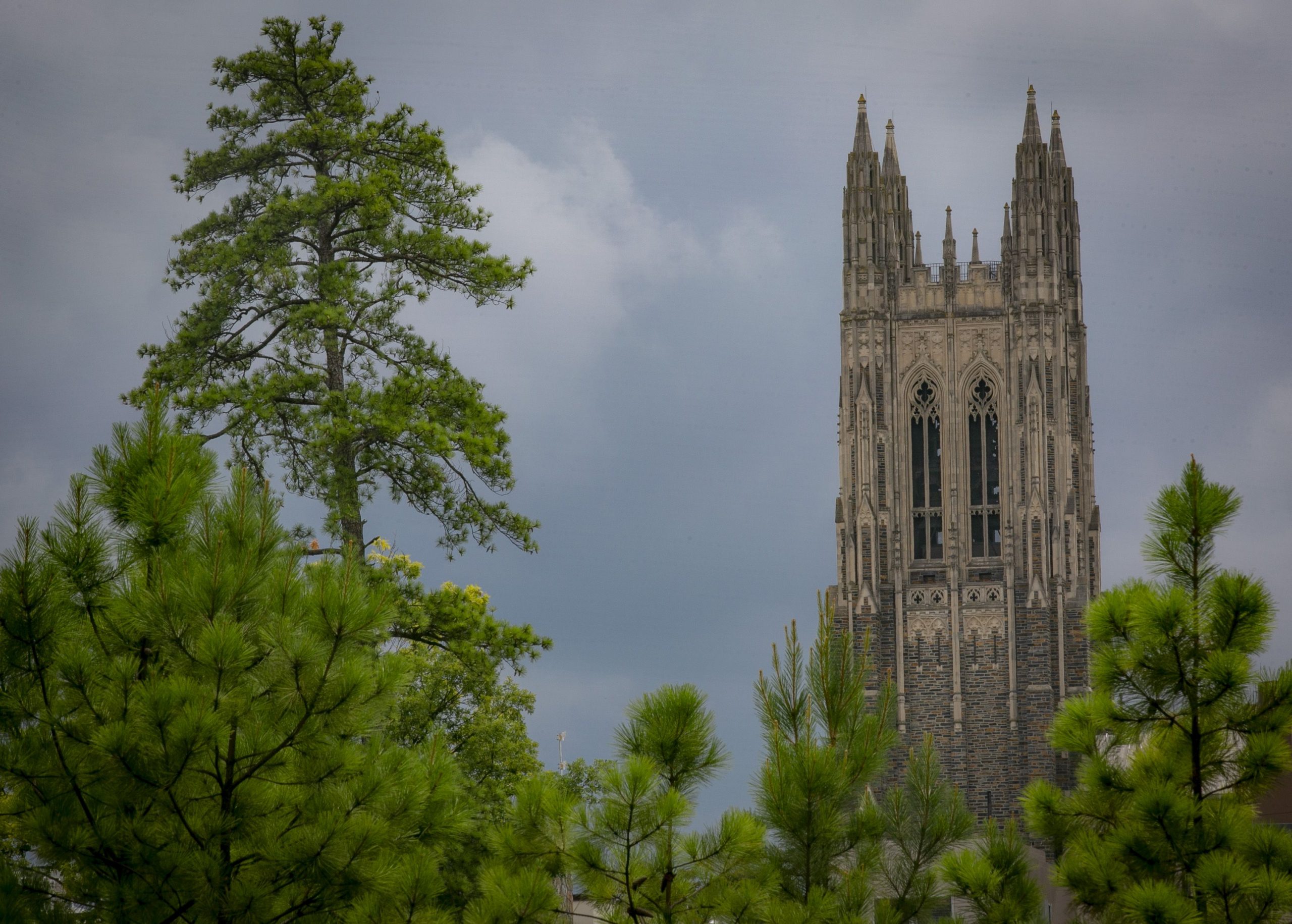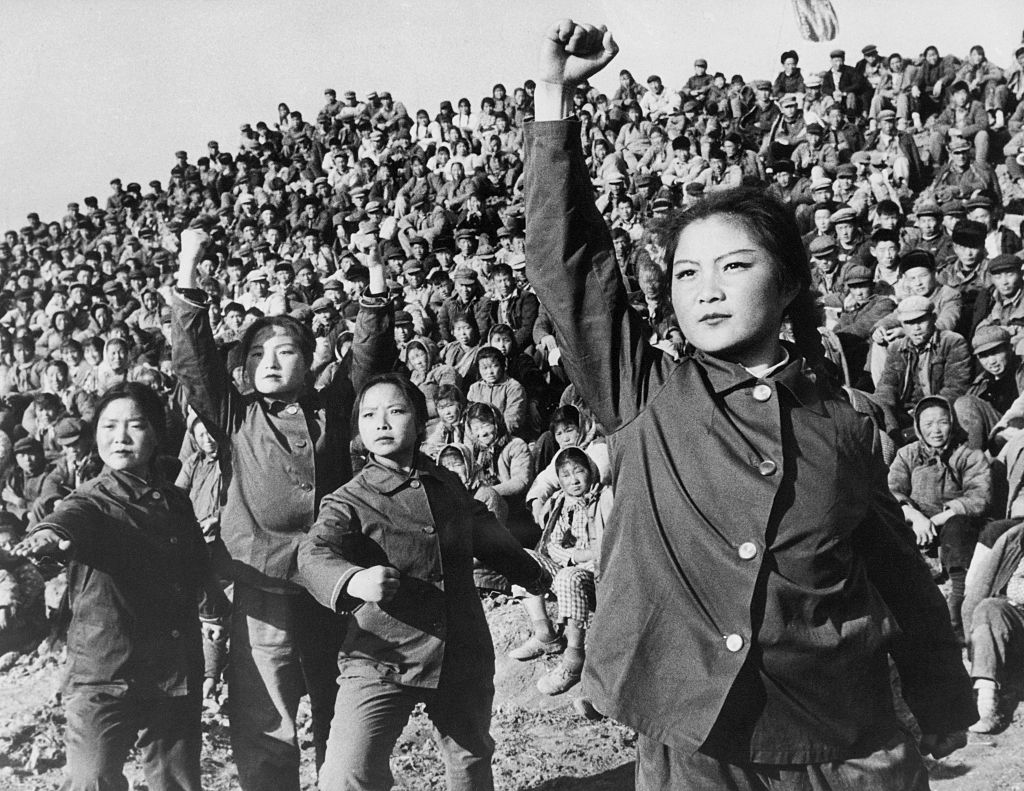The problem requires more than just a tweet to solve.
When No News is Good News

The elite American media apparatus is disturbingly similar to the Chinese propaganda machine.
In China, where I grew up, news is known to the people as propaganda in its neutral, if not positive, sense. Since all news agencies are run by the state, “news” is whatever events and opinions the Propaganda Department of the Central Committee of the Communist Party permits or manufactures.
Growing up in a household of illiterate parents, I never saw newspapers as a child. My first dose of propaganda was a 30-minute TV program named Xinwen Lianbo (“CCTV Network News”), broadcast in the early evening via all local stations, that I occasionally watched at relatives’ homes. Sounds and images, rather than words, work better with uneducated or indifferent masses. Since 1978, this daily news program remains a textbook success of the Soviet style of propaganda—a refined manipulation warping concepts, language, and history, aimed at convincing the Chinese people of the benevolence of the Party and the superiority of Socialism. Many years later, when I read Orwell’s 1984, the depiction of the Two Minutes Hate ritual reminded me of the 30-minute Xinwen Lianbo.
There is never news, but only fantasy, in China.
State control of mass communication is one of the most striking features of totalitarian dictatorship. Modern mass-communication media, under competitive conditions, otherwise ought to be the essential component of large-scale democracy, as Walter Lippmann argued in his influential 1922 book Public Opinion. The democratic citizenry needs to be properly informed to deliberate; leaders need knowledge of the public to lead and serve. And an honest and fair journalism is the midwife. American journalism has thus been trusted and extolled as the fourth estate of government—until now.
I first heard this term fourth estate when by chance I came across a book in my hometown at the age of 16. Chatting About America has a short chapter devoted to journalism. I read in wonderment that, in America, journalists were commissioned to discover facts, pursue the truth, and safeguard a public sphere where an unfettered flow of information, ideas, and debate was permitted. As an institution that guaranteed an informed public discourse, journalism thus monitored the state on behalf of the civil society. All that is foreign to the Chinese totalitarian state where an absolutist government tells the people what to believe via the propaganda apparatus that speaks the language of authority, not truth.
Nearly 20 years later, I moved to America only to find that the media (in its broad sense) does not resemble anything I read in that book. I was flabbergasted to see CNN or the New York Times unabashedly lie to national audiences about political candidate and later President Donald Trump.
The overt partisanship of CNN is widely known, yet academics consider the network to be an unbiased media outlet when political scientists study the effect of media on public opinion. I was admonished in class last fall for challenging mainstream media falsehoods and asked to state that it was only my opinion. How do we ever establish truth in a court where authority promulgates lies? I felt as impotent as I always felt in China.
I used to think journalists in America were like the Socratic gadflies. I am befuddled to see that media elites constitute part of the country’s ruling class. That cable news for years preached the Russia Collusion hoax with no basis in fact reminds me of Xinwen Lianbo.
Increasingly I see resemblance between China and the U.S. on many fronts, especially the leftist media syndicate that has become the mouthpiece of the Democratic Party. The relationship of CNN or MSNBC to the Democratic party is no different from that of CCTV (China Central Television) to the Party. They all feed their audiences comforting lies.
What so troubles me is why the American people seem to have changed – truth is no longer the highest value. Some of them have become more like Chinese.
In his unpublished memoir about the golden age of newspapers, Peter R. Kann, the longtime publisher of the Wall Street Journal, writes that his “news colleagues at the Journal were lively, irreverent and very often negative, even cynical,” while his conservative editorial page colleagues were “more principled and cerebral.” But his favorite colleagues were those in the advertising department, who “were invariably loyal, positive and good natured.”
The first group strike me as modern liberals who have since ascended to the cultural and intellectual elite, dictating to the unwashed. They are guardians of the self-promoted Philosopher King, President Obama and his disciple Joe Biden.
The second group embody virtues that ought to be the basic aspiration of the professorial rank, most of whom have become progressive activists who put social justice causes over academic integrity.
And the last represent what I call good old Americans, such as the ones I have met on Perrin Avenue in Lafayette, Indiana, or Christ Church in Moscow, Idaho. I must believe that there also are many of them in other parts of the country as I would like to find a home in a land where the people are mostly principled, decent, and charitable, in spite of its ruling class.
Hubris, condescension, and callousness are not working for the media elites when so many Americans assume that officially constructed reality is a lie, while self-evident truth is labeled conspiracy. In short, most of the people now see through the media.
How long can a nation last in this schizophrenic state?
The American Mind presents a range of perspectives. Views are writers’ own and do not necessarily represent those of The Claremont Institute.
The American Mind is a publication of the Claremont Institute, a non-profit 501(c)(3) organization, dedicated to restoring the principles of the American Founding to their rightful, preeminent authority in our national life. Interested in supporting our work? Gifts to the Claremont Institute are tax-deductible.
The case of CNN.
Maoist self-education comes to America.



